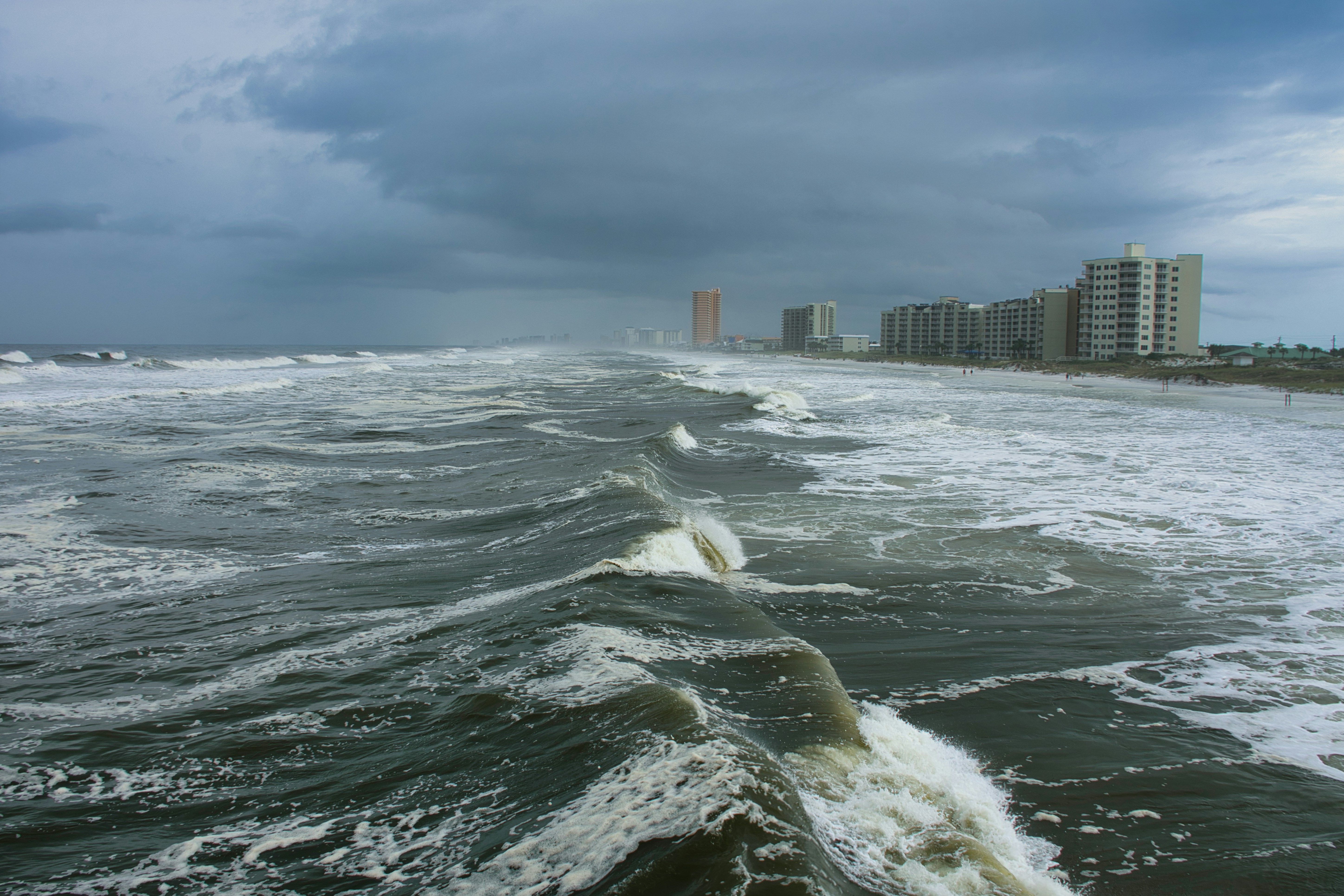Understanding Nonprofit Contributions in Disaster Relief
In the wake of hurricanes, communities are often left grappling with devastation and uncertainty. Nonprofit organizations are key players in supporting these communities, offering immediate relief, aiding in recovery, and assisting in rebuilding efforts. These organizations frequently partner with local governments, other nonprofits, and community organizations to provide a cohesive response to disasters.
The role of nonprofits in hurricane relief is multifaceted. Not only do they provide essential resources like food, water, and shelter, but they also offer emotional and mental health support, which is crucial for those affected by such traumatic events. Nonprofits are often on the ground first, leveraging their local networks and resources to deliver aid effectively.
Immediate Response and Recovery
When a hurricane strikes, rapid response is critical. Nonprofits are uniquely positioned to provide immediate assistance because of their flexibility and ability to mobilize volunteers quickly. They distribute emergency supplies, set up temporary shelters, and coordinate evacuation efforts. For example, the American Red Cross is often one of the first responders, providing emergency shelter and essential supplies to displaced families.
Logistics and Supply Distribution
Efficient supply distribution is vital during hurricane relief efforts. Nonprofits play an essential role in ensuring that aid reaches the affected areas promptly. They work with local businesses, government entities, and other organizations to streamline logistics and transportation. This collaborative effort ensures that resources such as food, water, and medical supplies are distributed effectively.
Long-term Community Support
Beyond immediate relief, nonprofits are instrumental in supporting long-term recovery and rebuilding. They provide financial assistance, rebuild homes, and restore community infrastructure. Moreover, they help individuals and families navigate the often-complicated processes of insurance claims and governmental aid applications.
Nonprofits also focus on rebuilding stronger, more resilient communities. This includes advocating for better building codes and infrastructure improvements to withstand future hurricanes. Programs that educate communities about disaster preparedness and resilience are also frequently led by nonprofits.
Mental Health and Emotional Support
The emotional toll of hurricanes cannot be understated. Nonprofits provide vital mental health support through counseling services and peer support groups. By addressing the psychological impact of hurricanes, these organizations help individuals and families recover emotionally, which is an important aspect of overall community recovery.
Engaging the Community and Volunteers
Volunteerism is a cornerstone of nonprofit efforts during hurricane relief. Nonprofits organize and manage volunteers, offering training and resources to ensure they are effective and safe. Engaging local communities in volunteer efforts also strengthens community bonds and promotes resilience against future disasters.
If you’re interested in volunteering, consider exploring opportunities with organizations like [HelpNow](https://helpnowproject.org) or joining their [initiatives](/join-now) to support disaster-affected communities.
Promoting Community Resilience
Community resilience is about more than just rebuilding structures; it’s about rebuilding lives. Nonprofits invest in education and training programs that prepare communities for future hurricanes. These programs emphasize the importance of having personal and family emergency plans, understanding evacuation routes, and knowing how to access community resources.
How You Can Help
Supporting nonprofits during hurricane season can make a significant difference. Contributions to nonprofit organizations can provide immediate relief to those in need and fund long-term rebuilding and recovery efforts. Whether through donations, volunteering, or simply spreading awareness about the importance of disaster preparedness, everyone can play a part in supporting communities affected by hurricanes.
Additionally, consider donating to organizations that focus on hurricane relief, such as the [Red Cross](https://www.redcross.org) or supporting local nonprofits that work directly with affected communities.
Conclusion
Nonprofits are invaluable in the fight against the devastation caused by hurricanes. They provide immediate relief, support recovery, and promote long-term resilience. By working together with government agencies and other organizations, nonprofits help build stronger, more prepared communities that can withstand the challenges posed by future hurricanes. Supporting these organizations, whether through donations or volunteer work, is essential to ensuring they can continue their critical work.

